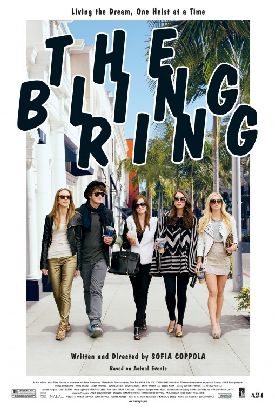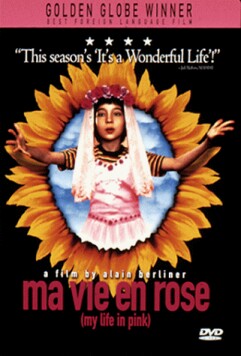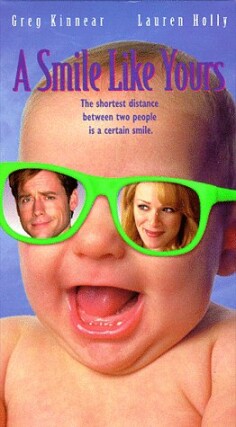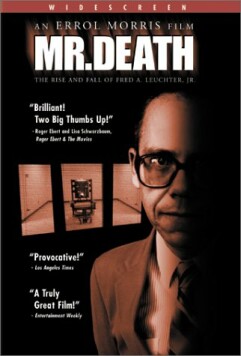The Bling Ring
“I only know celebrities,” Elaine Dundy, the first wife of Kenneth Tynan, once said. “I don’t know any people.” The same could be said of the characters in Sofia Coppola’s movie, The Bling Ring, based on an article in Vanity Fair by Nancy Solis which was, in turn, based on real events. Although it has been said that the movie is an “indictment of our hollow modern materialism,” that seems to me a remarkably superficial way of looking at it. The real life bunch of California teenagers who broke into the homes of famous people and carried away an estimated $3 million worth of their possessions in 2008 and 2009 weren’t really after their stuff but, rather, the celebrity cachet that came along with those they stole it from. Your opinion of the movie is therefore likely to depend on whether you see what they did as better or worse than stealing from non-celebrities and out of a mere lust for possessions.
It may also depend on whether you see their story as basically comic or basically tragic. Of course it is both in a way, but — like one of those optical illusions that, depending on how you focus on it, appear to be the silhouette either of a silver chalice or of a pair of identical twins in profile staring at each other — you can only really see one thing at a time. Miss Coppola gives us occasional glimpses of the comic — as when one of the leaders of the gang, Nicki (Emma Watson), standing outside the courthouse which will be her own ticket to celebrity once she is convicted and sentenced, says to waiting TV cameras: “I’m a firm believer in karma and I think this situation was attracted into my life because it was supposed to be a huge learning lesson for me to grow and expand as a spiritual human being.”
She goes on to say that she would like to lead “a huge charitable foundation” or “a country one day, for all I know.” But that moment, right at the beginning of the movie, is pretty much the end of the really funny bits. Once we flash back to “One Year Earlier” and actually see Nicki and her friends (the names have been changed) — who include Marc (Israel Broussard), Rebecca (Katie Chang) and Chloe (Claire Julien) — going about their burglarious but not very hilarious business, we expect the focus to be on the tragic side of their blighted lives. Somehow, it isn’t. I think this is because Miss Coppola has too much sympathy for her characters. She can’t hate either them or the society which produced them, and that is a weakness which must be fatal to any serious satirical intent.
In trying too hard to understand them, that is, she takes the edge off her portrayal not only of the kids but of the moral corruption that is their milieu. That leaves her with nothing to satirize. The fact that Paris Hilton was the gang’s first and frequent victim, and that the film had Miss Hilton’s cooperation — including a cameo appearance by her and a scene set in her real-life home filled (you won’t be surprised to learn) — should tell you all you need to know. In the absence of any evident moral outrage on the part of the film-maker, who proceeds on the maxim that to understand all is to forgive all, the repeated break-ins interspersed with inane teenage chatter just become boring.
The ethos, like the title, of The Bling Ring, comes ultimately from the rap or hip hop culture, devoted so largely to the worship of flashy “stuff,” and it may be that Sofia Coppola was afraid of looking racist if she criticized these values too harshly. But her unwillingness to hit hard extends to other pulled punches as well. Even Nicki’s mother (Leslie Mann), who teaches her kids to begin the day with a morning prayer to no one in particular consisting of a promise to “be the best person I am capable of being for the good of everyone on the planet,” is more an object of pity than of scorn. At some level, Miss Coppola must know that there is something deeply, even terminally wrong with such a person and the mental world she must inhabit, just as there is with the celebrity culture which the kids take for granted. But she can’t bring either herself or her movie to the expression of any real indignation about it.
“And so it is,” says Nicki’s mom at the end of her little positive thinking ritual. And so it is, too, in the view of The Bling Ring apparently, although we very well know that so it isn’t. This kind of feel-goodism is one of the things that our new, non-judgmental ethos has engendered, along with the celebrity culture and the death of satire — which is the only imaginable antidote to the celebrity culture. The same principle by which the famous are not only not required to be particularly good or accomplished but are almost required not to be is the principle by which any latter day Swift or Voltaire is prevented from too vehemently calling our attention to the fact.
Accordingly, there are no moral monsters here, only troubled teens. Marc, the new boy in school who takes up larceny along with the cool girls as a way of fitting in, remarks to one of the celebrity interviewers who swarm about them all after they are arrested that “I think we just wanted to be part of the lifestyle. The lifestyle that everybody kind of wants.” Of course they were already part of the lifestyle or they wouldn’t have done what they did. That’s why it seems such a natural transition and not a cause for moral pique when in the end they become celebrities themselves as the subjects of intense media interest, a Vanity Fair article and, by the way, this movie.
It’s also why the theme of narcissism, which should have been built into the portrayal of these kids lives, doesn’t quite come across. Miss Coppola has said in an interview that, when researching the lives of today’s teenagers — by which, of course, she means the teenagers of her own class in Southern California — she found that “All the girls dressed up in miniskirts and sky-high shoes. That was pretty exotic. Everyone was texting, taking pictures, and I tried to put as much of that in the film as possible. It was almost sci-fi, this idea that living does not count unless you are documenting it. All those things interest me and say so much about our culture, and what is emphasized as important.” To another reporter she said, “I’m not part of that world,” but clearly she is. It is pretty hard to summon up the necessary satirical thrust against those who record their lives on their iPhones when you are recording their lives — and for theatrical exhibition at that — with a Red Epic digital camera. It just suggests that the kids recognized they were celebrities before anybody else did.
Discover more from James Bowman
Subscribe to get the latest posts to your email.







